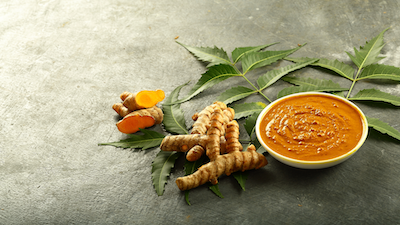Traditional Chinese Medicine: The Four Diagnosis Methods

When seeking care from a traditional Chinese medicine practitioner, you can expect four methods for diagnosis. These methods work together to consider every aspect of the problem.
If you have been curious or even nervous about seeking care in a TCM office it may be helpful to know what to expect. Rest assured it might be more familiar than you think. Allow us to give you a rundown of what a traditional chinese medicine practitioner considers when coming up with a diagnosis.
Observation
Observing your patient might sound too obvious and simple. But it is a key component to starting any diagnosis. The practitioner has many areas to consider. They do not only look at the physical from a first glance, but will inquire about the details. This means have you testing your senses, your stature, and even observe your spirit. I.e. taking into consideration your current mood, thoughts, and emotions.
Red flags for your doctor may be a pale complexion, poor posture, any unusual or excessive body secretions, and decreased or absent functioning of the senses such as hearing or touch.
Auscultation
Auscultation is a more thorough look at your organs. Just like a doctor in a mainstream office or hospital, they will listen to your heart and lungs. They need to know the state of these organs as it may play a role in the symptoms you are feeling and your final diagnosis. They are going to listen for crackles or coughing during breath. As well, irregularities in the heart beat such as murmurs and skipped beats.
Auscultation is also often paired with smelling. Any strong odors may be a signal that something is wrong. This could be from the breath or general body odor.
Interrogation
The interrogation portion is not as intense as it sounds. However, it is very important. Any health practitioner you are working with should always have as much information about your health as you possibly know. Especially, if you have been to or frequent more than one health practitioner of any field whether it be mainstream medicine or alternative methods. Sometimes different treatments are contraindications of each other and cannot be received at the same time. With everyone in the loop there is less room for error or further complications.
The doctor will want to know about symptoms from your perspective as you may see them or feel them different from another. It is important for your practitioner to know what is newly developing in your Health and what has been a long time concern or managed disease/symptom. Without this information they won’t know what to focus on or may bring to light more serious issues that you otherwise could not identify yourself.
Palpation
Palpation is when the doctor gets physically involved. They will use their hands for inspecting areas of concern. It may be as simple as feeling for a pulse, or pressing deep into tissues feeling for any strains or masses.
You can also expect to be testing the mobility and function ability of limbs and joints during this process. Red flags would be an inability to extend fully or contract.
Closing
Rightfully, you may feel that these methods aren’t much different than how you would be treated by a mainstream doctor. That is because the TCM doctor is very serious about treating the body as a whole working system when diagnosing and prescribing. We hope that this brings comfort as you consider a traditional Chinese medicine doctor the next time you are ill or experiencing uncomfortable symptoms.


Leave a Reply
You must be logged in to post a comment.